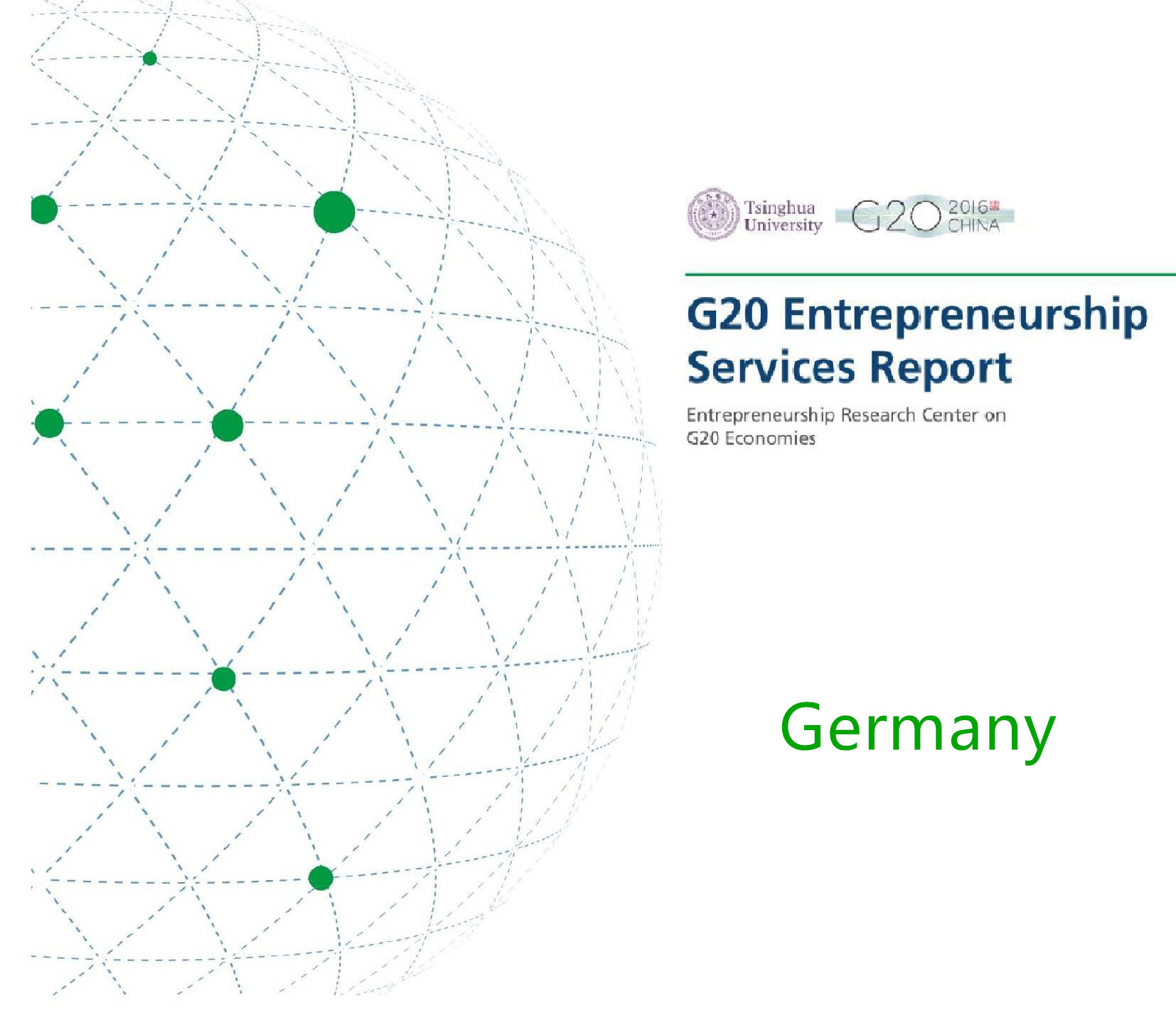
Summary
Germany has about 3.7 million small and medium-sized enterprises (SMEs) , accounting for more than 99% of the total number of German enterprises. These SMEs employ over 15 million employees, accounting for at least 70% of the total number of domestic labor force. German SMEs are an important driving force for technology reform and product innovation, which own 75% of patents and innovations.
The specialized managing authority for SMEs in Germany is the German Federal Ministry for Economic Affairs and Energy (BMWi) . An important initiative taken by the German government for serving start-ups and SMEs is to reduce administrative burdens on SMEs and improve government efficiency. In 2016, Germany released the Cutting Bureaucracy Act to reduce administrative burdens on enterprises. In addition, it launched the SME Test in 2017 to understand the administrative burdens on SMEs and their development demands.
The German government supports innovation, entrepreneurship, and SMEs through preferential financial and taxation policies, such as direct subsidy, establishment of funds, and tax cut. For example, the Cash Incentives Program (GRW) 2018 directly provides subsidy for SMEs, especially start-ups. The Central Innovation Program (Zentrales Innovations program Mittelstand, ZIM) is the largest program of the German government to support innovative SMEs. In 2017, the German government financial budget plan set aside a budget of 548 million euros for the ZIM. In addition, the High-Tech Start-up Fund (HTGF) supports R&D-based start-ups by purchasing their shares. Moreover, the Innovation Assistant Program provides subsidy for SMEs that hire graduates. The German government exempted SMEs with a certain revenue from VAT to support their development.
German expands financing channels of start-ups and helps SMEs solve financing issues by providing bank’s guarantee and stimulating entrepreneurial investment sectors. To facilitate SMEs to get loans, Germany prescribed standardized guarantee conditions in 2017 to reduce procedural burdens on SMEs and simplify loan application procedures. In 2016, German guarantee banks supported 6,200 financing projects and provided guarantee for loans of 1.7 billion euros. The German government announced to continue the INVEST-- Grant for Venture Capital program from January 1, 2017, which helps start-ups find investments and encourages private investors to provide venture capital. In March 2016, the German BMWi, the ERP Special Fund and the European Investment Fund (EIF) jointly set up the German Growth Joint Investment Fund (ERP/EIF-Wachstumsfazilität) with a total amount of 500 million euros to provide financial support for fast-growing enterprises in urgent need of capital growth. The EIF and the European Recovery Program (ERP) Special Fund jointly invested and established a parent fund of 2.7 billion euros in Germany to support venture investment funds invested in Germany.
The German government has been placing a priority on the scientific research and innovation in promoting entrepreneurship and SMEs. In September 2017, the German government announced the five important action areas that encourage technology-based start-ups. German Digital Strategy 2025 (2015) proposed to invest 1 billion euros in launching the “Digital Investment Program for Small and Medium-Sized Enterprises” by 2018. In March 2017, the German government has begun to implement the Act on Implementing the EU’s eIDAS Regulation to promote the e-government.
To encourage and facilitate small enterprises to receive innovation and entrepreneurship consulting services, the German BMWi provides free consulting services for start-ups and SMEs through the Federal Funding Advisory Service on Research and Innovation, Start-up Portal information platform, and Start App. Taking standardization as an important means to promote innovation and entrepreneurship, the German government helps SMEs participate in standardization efforts and obtain the required standardization and normative information. In terms of business incubation services, Germany has nearly 40 years of business incubation experience, with more than 300 incubators providing various services for entrepreneurs as of 2017. The INSTI program set up by the German Federal Ministry of Education and Research (BMBF) provides an interface with potential investors for individuals and high-tech enterprises holding projects and patents. The program was originally set for a five-year period and has now been extended indefinitely.
The German entrepreneurship education runs through secondary, higher, and vocational education. While providing entrepreneurship courses, the entrepreneurship education of German universities places a priority on the development of entrepreneurship awareness, spirit and skills, and sets up accelerators to facilitate the incorporation and growth of startups. Since 1998, the Exit-Business Start-Ups Program has played an active role in developing entrepreneurial culture and reinforcing cooperation and innovation between higher education institutions and research institutions. Also developed are German entrepreneurship education for specific groups such as refugees, young people, and women, including, for example, Start-up Your Future, Start-up Nights, and Guide programs. In addition, there are national entrepreneurship activities enriching the entrepreneurial culture in Germany, such as Founder Week 2018 and Women Enterprise led by the BMWi.